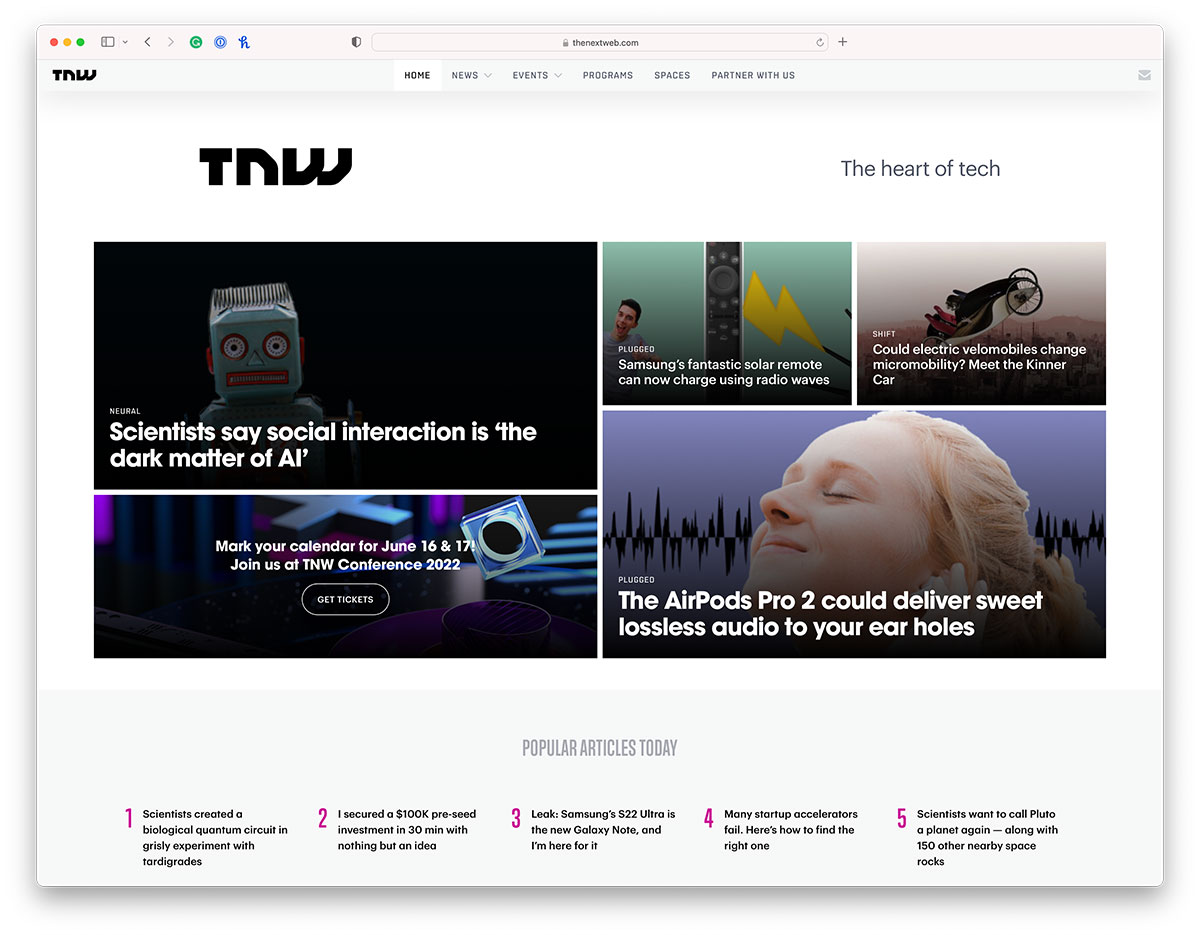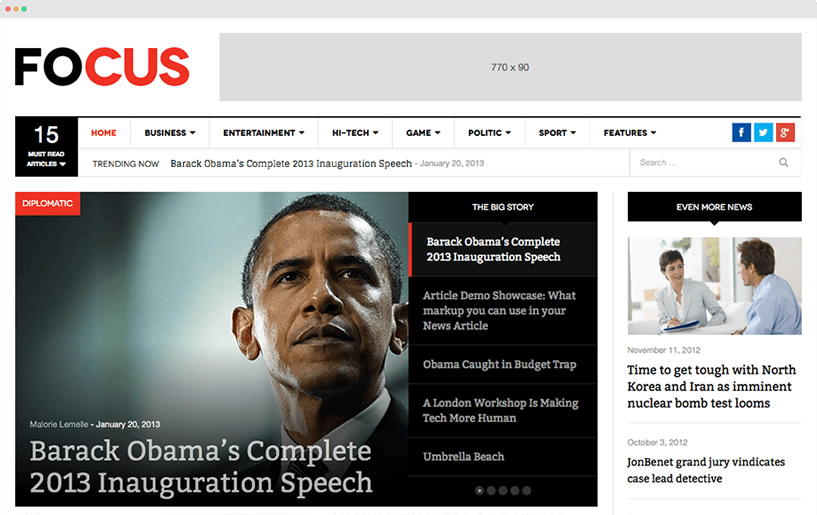Getting My News Websites To Work
Getting My News Websites To Work
Blog Article
The 20-Second Trick For News Websites
Table of ContentsNews Websites Things To Know Before You BuyRumored Buzz on News WebsitesThe Basic Principles Of News Websites 4 Easy Facts About News Websites ExplainedThe Ultimate Guide To News Websites
It was down in the UK and Brazil yet up a few other countries, such as Greece, Bulgaria, and Poland (News Websites). This year, for the very first time, we asked concerning the various ways that people prevent the information and found that around half of avoiders (53%) were trying to do so in a broad-brush or routine means as an example, by transforming off the radio when the news came on, or by scrolling past the information in social mediaYou claimed that you attempt to actively avoid news.

I'm most likely picking to learn more light-hearted tales than I utilized to at the minute. M, 51, UK Turning my back on news is the only way I feel I can cope occasionally. I need to consciously make the initiative to avert for the benefit of my very own psychological health and wellness.
Indicators on News Websites You Need To Know
Careful avoidance of Ukraine information was highest possible in a number of the countries closest to the dispute, strengthening searchings for from our added study last year, soon after the war had started. Our information may not suggest an absence of interest in Ukraine from neighboring countries yet rather a desire to manage time or secure psychological health from the very genuine scaries of battle.
Contrasting Finland with a politically polarised nation such as the United States (see following graph) that is less impacted by the war, we locate a really different pattern of subject avoidance. In the United States, we discover that customers are most likely to prevent subjects such as nationwide politics and social justice, where debates over problems such as gender, sexuality, and race have ended up being highly politicised.
American national politics are quite toxic these days. I locate in some cases that I need to disconnect from stories that just make me angry. F, 61, United States For some people, bitter and dissentious political discussions are a reason to switch off news entirely, but also for some political upholders, evasion is commonly about shutting out viewpoints you don't intend to hear.

The 4-Minute Rule for News Websites
Some are wanting to make information more easily accessible for hard-to-reach teams, expanding the news agenda, appointing even more motivating or favorable news, or embracing constructive see here or remedies journalism that offer individuals a feeling of hope or personal firm. In our survey this year, we asked respondents regarding their passion in these different strategies.
This clarifies why stories like Ukraine or nationwide politics carry out well with news regulars but can at the same time transform less interested customers away (News Websites). Discerning avoiders are much less thinking about all kinds of information than non-avoiders but in loved one terms they do seem to be more interested in favorable or solutions-based news

News Websites for Beginners
2023). This may hold true in the moment, however in time it seems to be leaving lots of people empty and less pleased, which may be threatening our link with and count on the information. Throughout markets, general trust in news (40%) and rely on the sources individuals utilize themselves (46%) are down by an even more 2 percent points this year.
Indeed, via the rear-view mirror, the COVID-19 depend on his explanation bump is plainly visible in the following chart, though the instructions of travel after that has been mixed. In some cases (e.g. Finland), the trust fund rise has actually been preserved, while in others the upturn looks even more like a spot in a story of ongoing long-lasting decrease.
Several of the greatest reported levels of media criticism are found in countries with highest levels of question, such as Greece, the Philippines, the United States, France, and the UK. The most affordable degrees of media criticism are typically in those with higher degrees of count on, such as Finland, Norway, Denmark, and Japan.
How News Websites can Save You Time, Stress, and Money.
This year we asked participants regarding their choices for text, sound and video clip when consuming news online. On standard, we locate that the bulk still prefer to check out the information (57%), as opposed to watch (30%) or pay attention to it (13%), but younger people (under-35s) are more probable to pay attention (17%) than older teams.
Behind the averages we find considerable discover this and unusual nation distinctions. In markets with a solid analysis tradition, such as Finland and the United Kingdom, around eight in ten still choose to check out on-line information, yet in India and Thailand, around 4 in 10 (40%) claim they favor to see news online, and in the Philippines that proportion is over fifty percent (52%).
Report this page